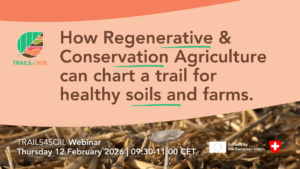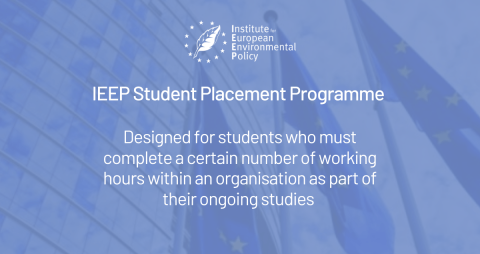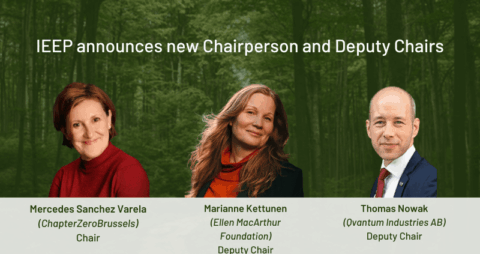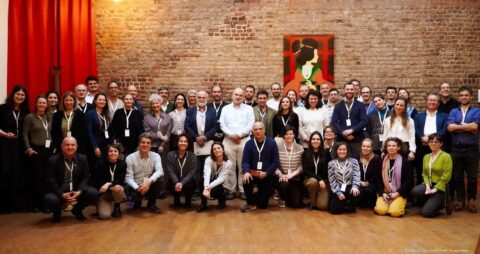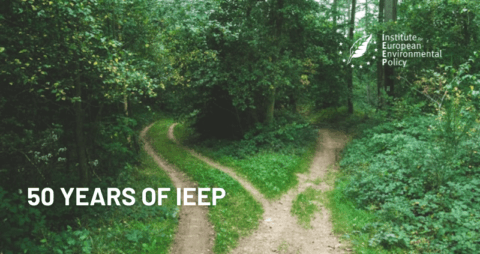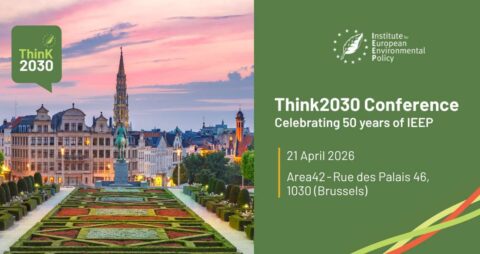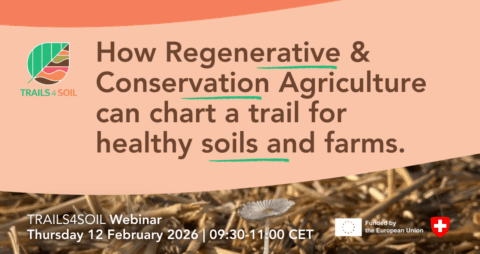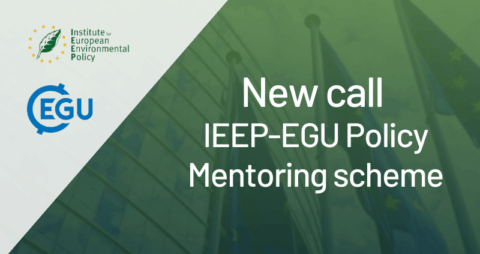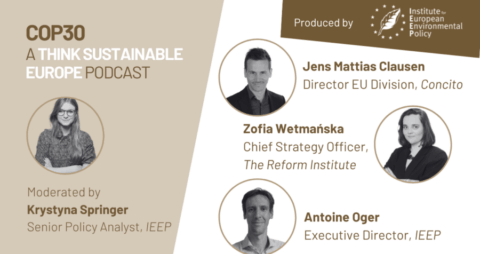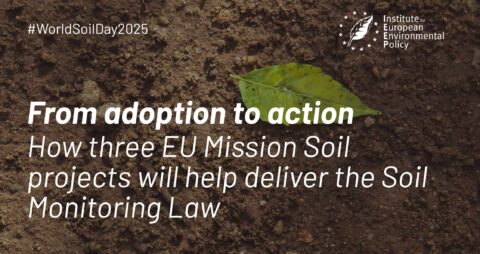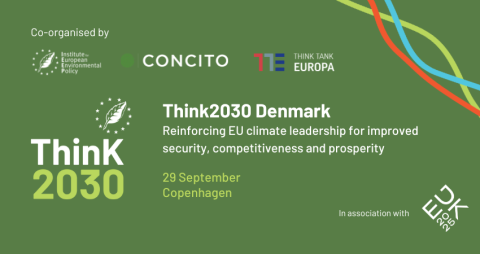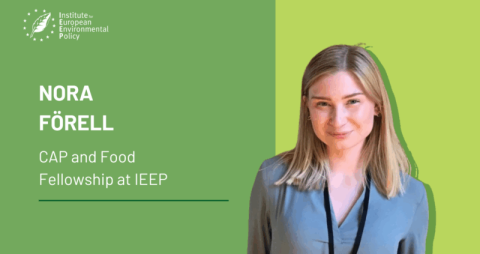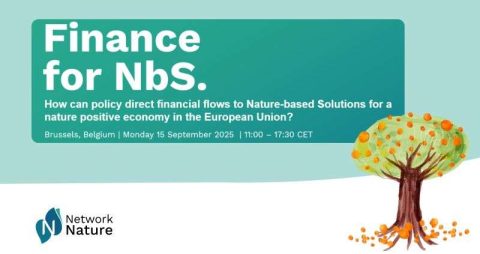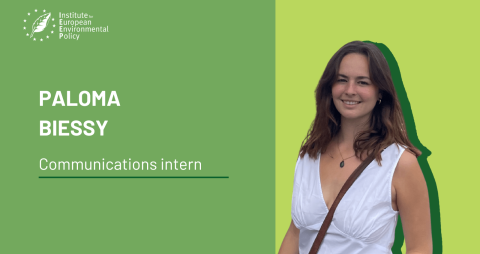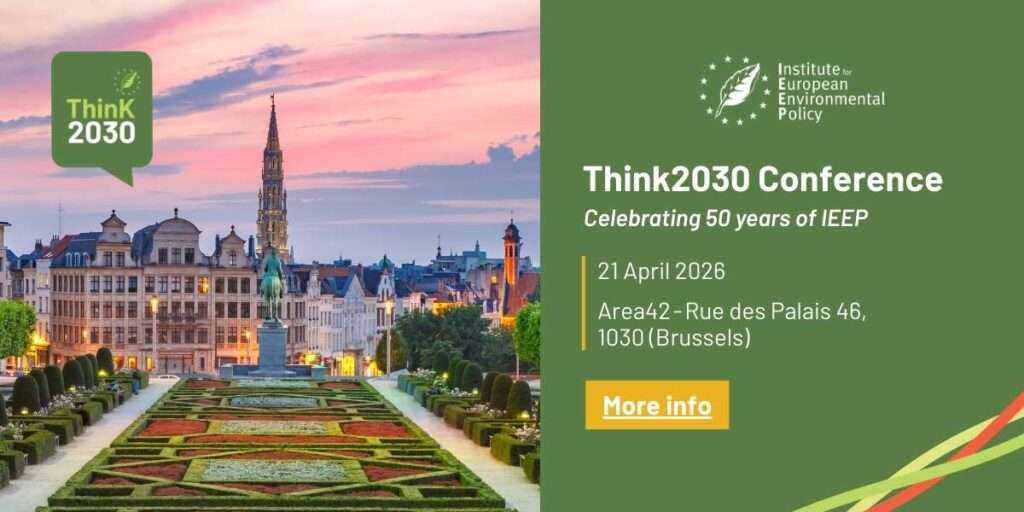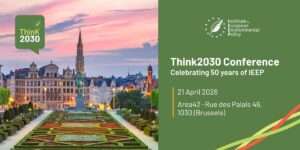
News and events
- Home
- News
Type
Select Types
Categories
Select Categories
For any old articles please send a request at brussels@ieep.eu
Upcoming events
News
Latest news and announcements from IEEP
- , Vacancies
Are you passionate about environmental issues and eager to make a difference? IEEP is seeking a motivated, dedicated student to join our communications and events ...
- , Blogs
As we enter the sixth decade of IEEP leadership, we are pleased to announce the appointment of Mercedes Sanchez Varela as its new Chairperson, effective ...
- , Blogs
NaturaConnect brings together experts to create targeted data, knowledge and tools, and build the capacity needed to support EU Member States in realising an ecologically ...
- , Blogs
This year, IEEP turns 50! To celebrate this formidable milestone, throughout 2026, we will retrace our long history, highlight key moments in EU policymaking, and ...
- , Events
Join this webinar organised by TRAILS4SOIL to know more about Regenerative & Conservation Agricultural Practices and introduce you to our major new research project. ...
- , Blogs, Vacancies
We are excited to announce our new Policy Mentoring scheme, which provides early- and mid-career scientists with the opportunity to work alongside members of the ...
- , Podcasts
In this podcast, we touch upon COP30 outcomes and current climate leadership with colleagues from the Think Sustainable Europe network, Jens Mattias Clausen from CONCITO, ...
- , Blogs
Three Horizon Europe projects—TRAILS4SOIL, EUROSION, and TERRASAFE—have begun generating the tools, data, and governance models to support implementation. ...
- , Events
How can the EU maintain its climate leadership while simultaneously improving its security, competitiveness and prosperity in a political landscape characterised by volatile geopolitics? ...
- , Blogs
I’m Nora, a PhD student in Environmental Communication. I study environmental politics from a discursive perspective, and I take a special interest in the role ...

